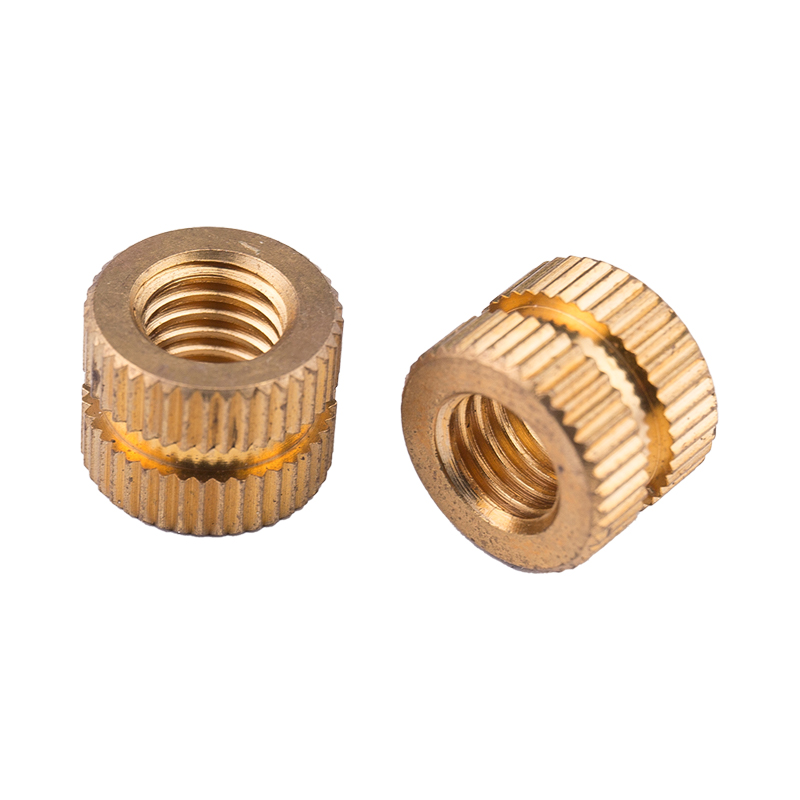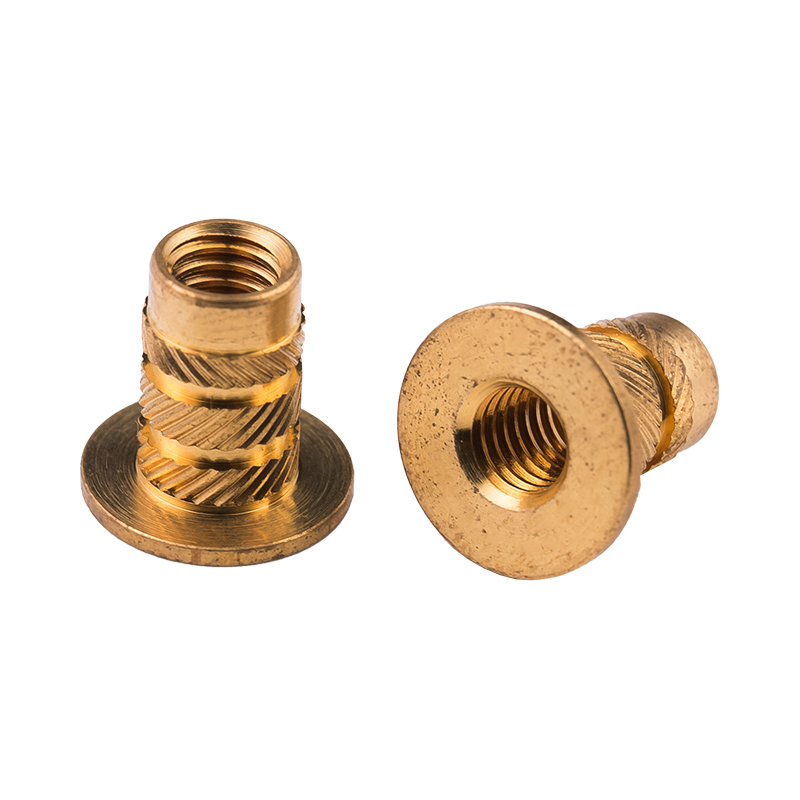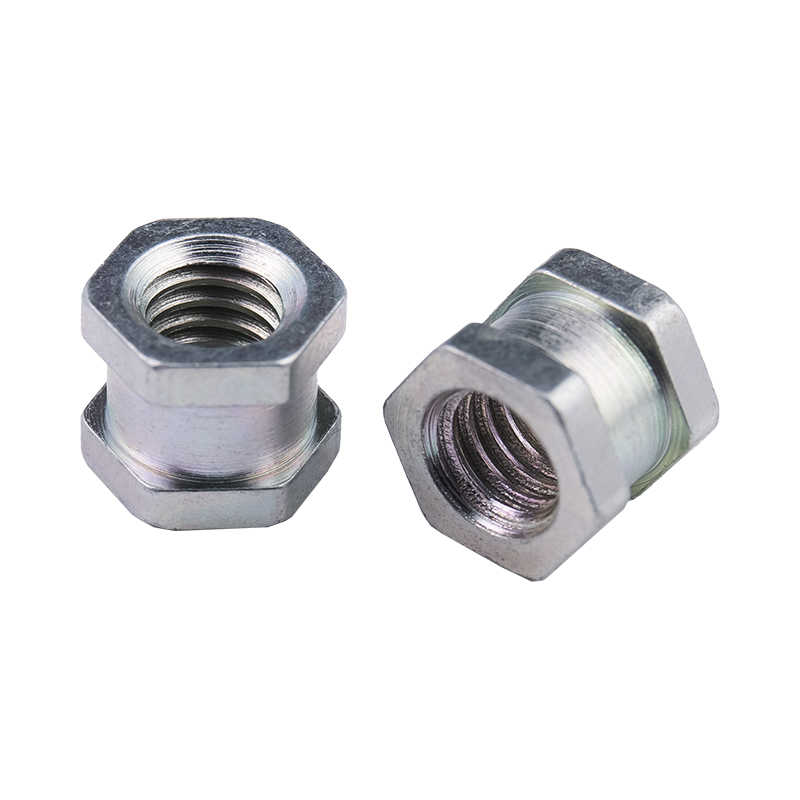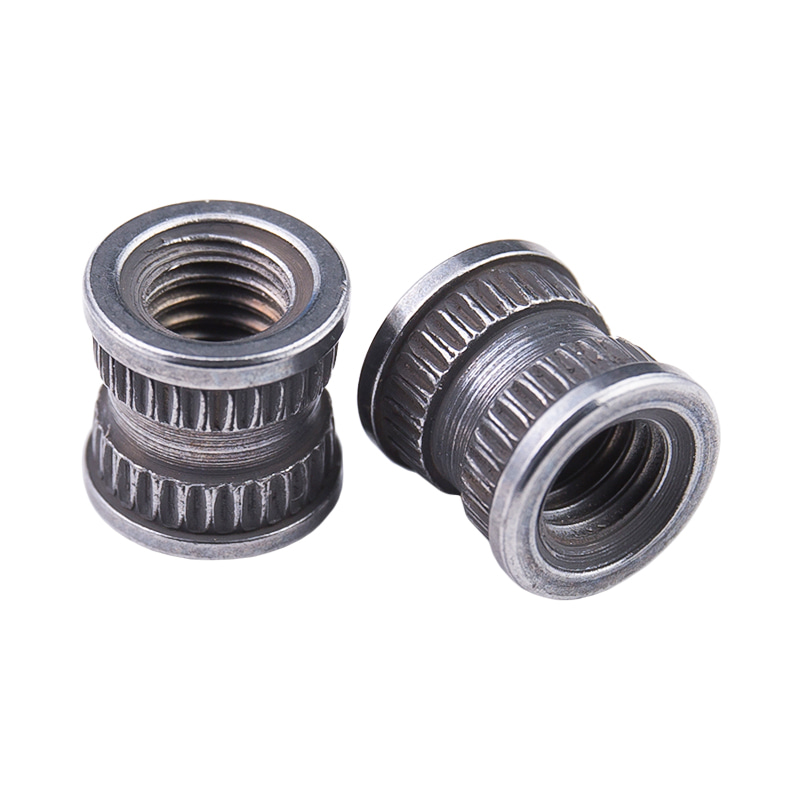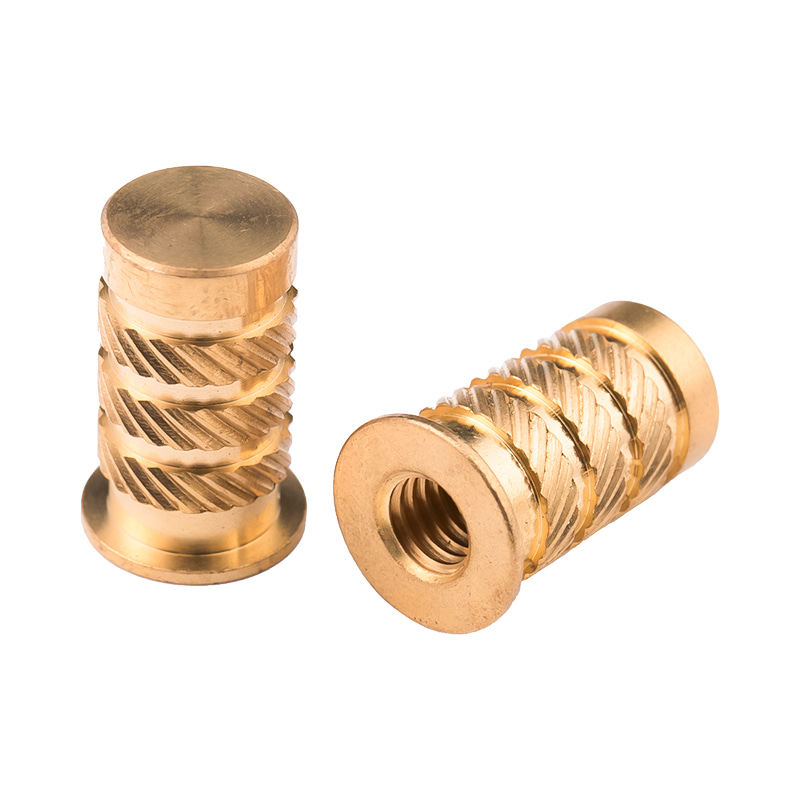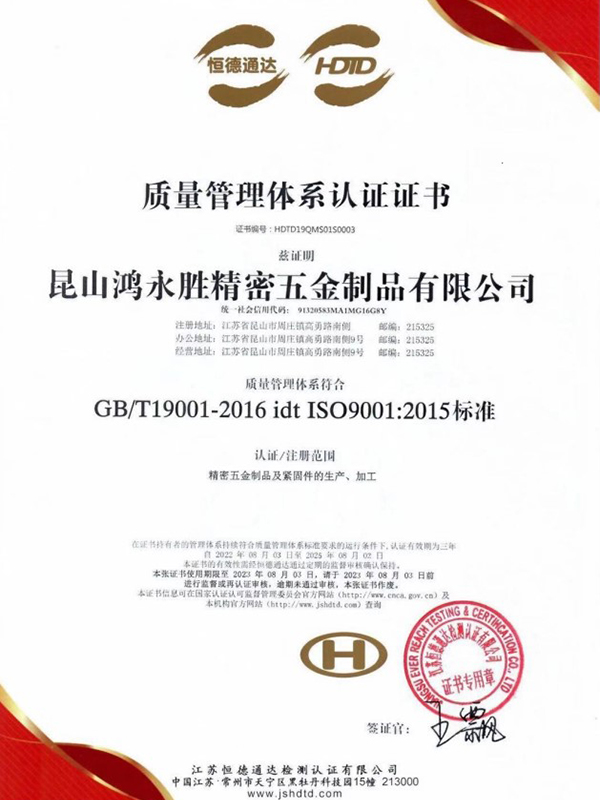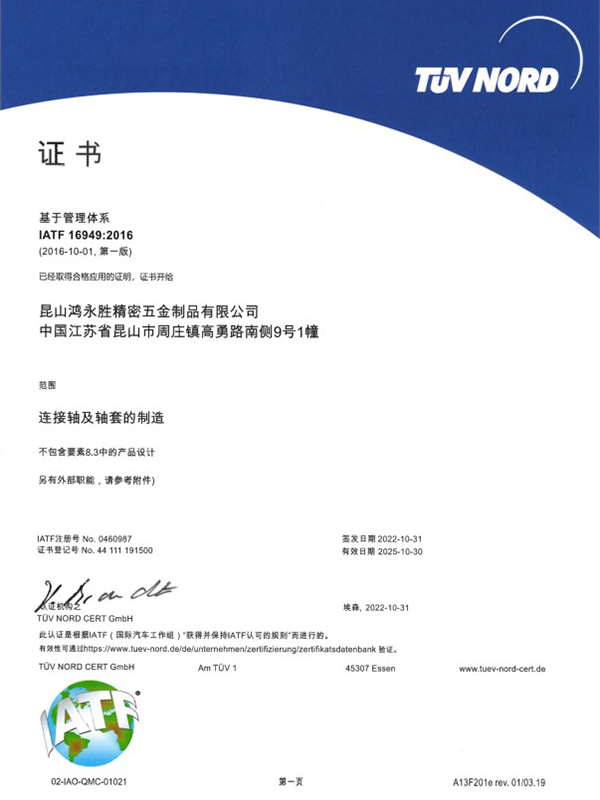Definition and Basic Concept of Hexagonal Rivet Nuts Hexagonal rivet nuts are internally threaded fasteners designed to create strong, load-bearing threads in thin or hollow materials where convention...
READ MOREThe company has obtained two quality system management certificates of ISO9001:2015 and IATF16949:2016.
At present, the company has been for Japan, Sweden, the United States, Singapore, Malaysia, Hong Kong and the Pearl River Delta and many other customers to provide services, now the main customers are: Japan Sharp (SHARP), Japan SMC, Japan Panasonic (Panasonic), the Swedish automobile VOVOL, etc., all the fixed assets investment of more than 30 million dollars, welcome friends from all walks of life to the factory to visit, study, consulting and come! We welcome friends from all walks of life to visit our factory, investigate, consult and come to us for sample processing.
We are looking forward to establishing a good business partnership with you with mutual trust and reciprocity!
-
-
Understanding Sealing Requirements in Hydraulic and Pneumatic Systems Hydraulic and pneumatic connections operate under internal pressure, media flow, and frequent pressure fluctuations. In these syst...
READ MORE -
Introduction to Screw Hardware Screw hardware is a fundamental component in construction, manufacturing, and DIY projects. It plays a critical role in joining materials securely, providing structural ...
READ MORE -
Introduction to Round Head Cross Bolts Round head cross bolts are a type of fastener widely used in construction, machinery, and industrial applications. They feature a rounded head with a cross slot ...
READ MORE
What are the different thread types available for automotive insert nuts?
Automotive insert nuts, also known as pre-embedded nuts, inlaid copper nuts, or embedded nuts, are components that embed an insert with internal threads and external knurling or other patterns into plastic or other alloy products. This design creates effective threads on the main product, facilitating connection with other fasteners.
Regarding the thread types of automotive insert nuts, they may vary depending on the manufacturer, application requirements, and industry standards. However, in general, the following thread types are commonly used:
Coarse thread UNC: This is one of the most common thread types, with a larger pitch and deeper profile, suitable for applications that require high loads and vibration.
Fine thread UNF: Compared to coarse thread, fine thread has a smaller pitch and shallower profile, making it suitable for applications that require higher accuracy and sealing performance.
Unified thread UN: This is a thread type that combines the characteristics of coarse and fine threads, with high strength and good sealing performance.
These different thread types have a significant impact on compatibility with various fasteners. Specifically:
Coarse thread is usually used in conjunction with larger fasteners such as bolts and nuts due to its larger pitch and deeper profile, and is suitable for applications that require high loads and vibration.
Fine thread is more suitable for scenarios that require high precision and sealing, such as key components in automotive engines and fuel systems. Due to its smaller pitch, fine thread can provide tighter fit and better sealing performance.
The unified thread combines the characteristics of coarse and fine threads, providing high strength and good sealing performance, and is widely used in applications that require both of these requirements.
Choosing the appropriate thread type is crucial to ensuring the compatibility of automotive insert nuts with various fasteners. When selecting the thread type, factors such as specific application requirements, environmental conditions, and industry standards need to be considered.



 русский
русский Español
Español